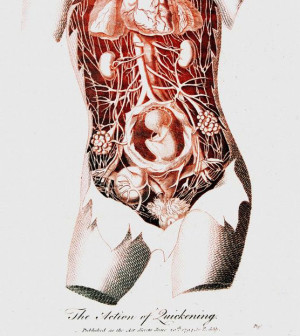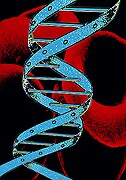- Could Your Grocery Store Meat Be Causing Recurring UTIs?
- Are You Making This Expensive Thermostat Error This Winter?
- Recognizing the Signs of Hypothyroidism
- 10 Strategies to Overcome Insomnia
- Could Artificial Sweeteners Be Aging the Brain Faster?
- Techniques for Soothing Your Nervous System
- Does the Water in Your House Smell Funny? Here’s Why
- Can a Daily Dose of Apple Cider Vinegar Actually Aid Weight Loss?
- 6 Health Beverages That Can Actually Spike Your Blood Sugar
- Treatment Options for Social Anxiety Disorder
Gene Test May Spot Which Kidney Transplants More Likely to Fail


A preliminary gene test may help identify kidney transplant patients at risk of organ rejection, researchers report.
Organ rejection occurs in 15 percent to 20 percent of kidney transplant patients, even when they are given drugs to suppress their immune system.
Typically, an increase in serum creatinine — a sign of kidney function — warns of impending kidney rejection. A kidney biopsy is then performed to confirm whether a new kidney is being rejected by the body, according to background information in the study.
The study was published Nov. 11 in the journal PLoS Medicine.
However, testing for elevated creatinine levels does not always provide early warning about rejection and is not specific enough to prevent some unnecessary kidney biopsies. So a noninvasive method of identifying rejection is needed, wrote the study authors, from the University of California, San Francisco, and the University of Cincinnati.
The researchers developed a blood test that analyzes 17 genes that identify which kidney transplant patients are at risk of rejection. They then developed and assessed the test using hundreds of patients in the United States, Mexico and Spain.
The test was highly accurate in pinpointing patients at risk of rejection, the study authors said in a journal news release.
This “is a simple, robust, and clinically applicable blood test,” said the researchers.
They added, however, that they are conducting further studies of the test.
More information
The United Network for Organ Sharing has more about preventing rejection of transplanted organs.
Source: HealthDay
Copyright © 2026 HealthDay. All rights reserved.










